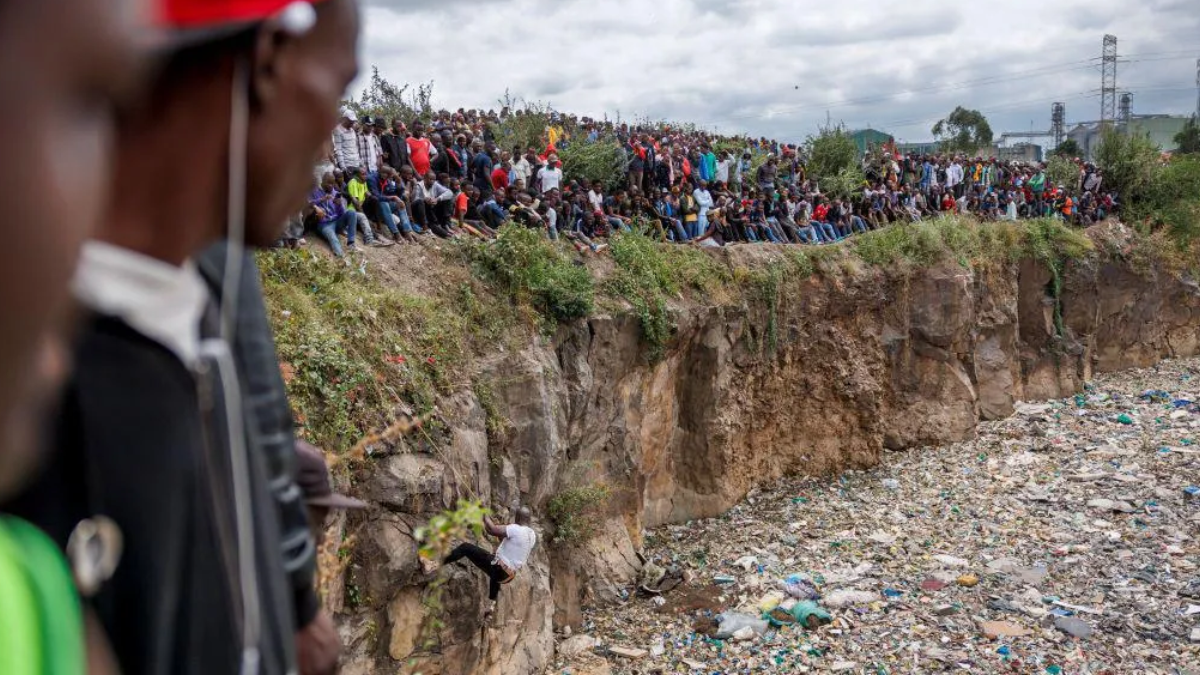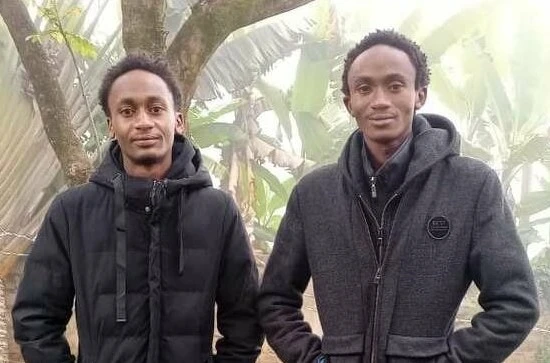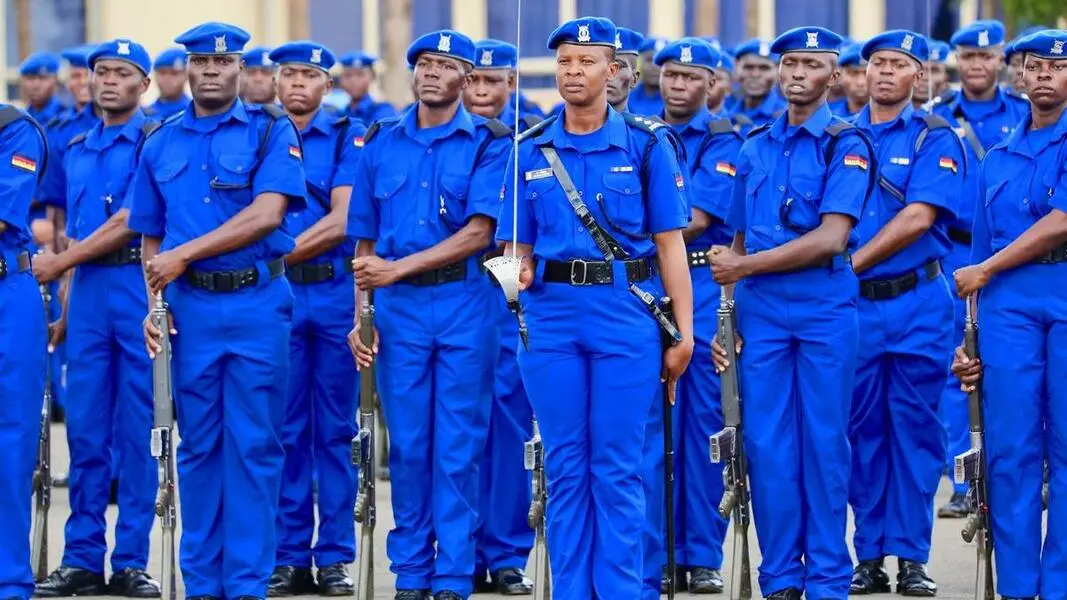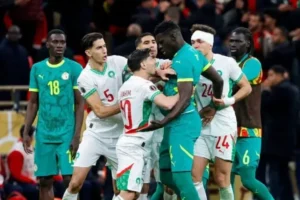The Kenya police service has always been accused of impunity and excesses against civilians. Almost every week, reports of police impunity are rife on social platforms and news networks.
Ironically, despite concrete evidence regarding these excesses, the culprits are rarely brought to book, perpetuating a culture of lawlessness in a force that hides behind the semantics of public service.
On August 21, the country woke up to the shocking news of escaped detainees from Gigiri Police Station. According to an eyewitness account, the 13 escapees had allegedly been aided by officers on guard duty.
Ironically, this is not the first case of officers aiding and abetting criminals in the country.
A confirmed fact is, that the Kenya police hire out firearms to criminals to commit robberies, at a fee. Justice for the poor is no longer a priority in this country.

Accounts of individuals being asked to fuel police vehicles to enable the police to investigate their cases are rife.
Recently, billionaire-businessman, Jimmy Wanjigi, was arrested and arraigned in court on several charges despite an initial court order barring his arrest.
Videos shared on social media by his family show the police breaching his home in a commando-style execution as they searched for Wanjigi, without a warrant. Impunity.
Moreover, abductions and extrajudicial killings in the country have always been the modus operandi of the Directorate of Criminal Investigations.
In most instances, suspects rarely get their day in court and those who are lucky enough to appear before a judge are coerced into a confession through torture.
This impunity in the service is caused by several factors that unless drastic reforms are enforced, will continue dragging the uniform to the lowest pits of the gutter.

For instance, corruption is widespread within the Kenya police force. Officers often solicit bribes in exchange for turning a blind eye to criminal activities or for providing protection.
Independent bodies meant to investigate police misconduct, such as the Independent Policing Oversight Authority (IPOA), often lack the power, resources, or political support to hold officers accountable.
This results in officers feeling emboldened to act with impunity. Case in point, the murder of peaceful protesters.
Many Kenyan police officers are also poorly trained, particularly in areas such as human rights, community policing, and de-escalation techniques.
The police have historically been used as a tool for political purposes, including suppressing dissent and protecting the interests of those in power.. It has eroded its professionalism and integrity, leading to abuses of power.
Police officers often work under poor conditions, including low pay, inadequate housing, and lack of resources. These conditions can contribute to low morale, which in turn may lead to corrupt practices and abusive behavior as officers seek to supplement their income or cope with stress.
The Kenyan judicial system also faces challenges, such as delays in trials, corruption, and a lack of independence.
Due to the history of police misconduct, the public often distrusts the police. The increasing militarization of the police in Kenya has led to a focus on force and control rather than community engagement.
These challenges create a cycle of impunity within the Kenya police service, making it difficult to enforce accountability and improve public trust in law enforcement.
Jimi Wanjigi’s wife pleads “don’t shoot me” as paramilitary unit storms their Muthaiga home. Police claim they found paraphanelia on his property that could link him to the recent protests in Kenya. pic.twitter.com/IrN7gqq0R2
— John-Allan Namu (@johnallannamu) August 9, 2024
















